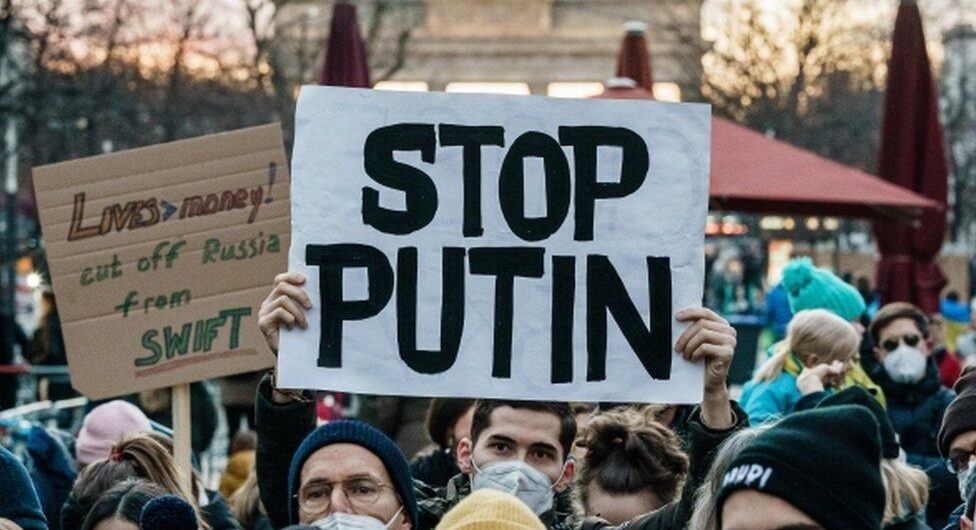Germany’s Chancellor, Olaf Scholz, has announced that Germany will deliver weapons directly to Ukraine according to BBC.
He said Germany would be sending 1,000 anti-tank weapons and 500 Stinger missiles.
Berlin has also dropped some restrictions on German-made weapons being sent to conflict zones, meaning that third countries will be able to send more arms to Ukraine.
Mr Scholz said the Russian invasion marked a turning point.
The move reverses Germany’s long-standing policy of banning weapon exports to conflict zones.
At the same time, German ministers have said they are working on restricting Russia’s access to the Swift global interbank payment system in a “targeted” way that “hits the right people” and avoids collateral damage.
Germany’s three-party coalition government, made up of socialists, liberals and Greens, has faced challenges in formulating a coherent response to Russia’s invasion of Ukraine.
But there is a dawning realisation here that Germany may have to rely not just on trade and diplomacy for its security, but also on military might.
And those public figures who in the past have expressed sympathy for Moscow have either fallen silent or said they were wrong.
Foreign Minister Annalena Baerbock, herself a Green, tweeted: “Our world is different after Putin’s war of aggression. While we are stunned by this breach of international law, we are not powerless.
“That’s why we will help the Ukrainian soldiers fighting for their country with anti-tank weapons and Stinger missiles.”
Germans have been shocked by Russian President Vladimir Putin’s actions in Ukraine and have been demanding that their government take tougher action against the Kremlin.
Now it has.




